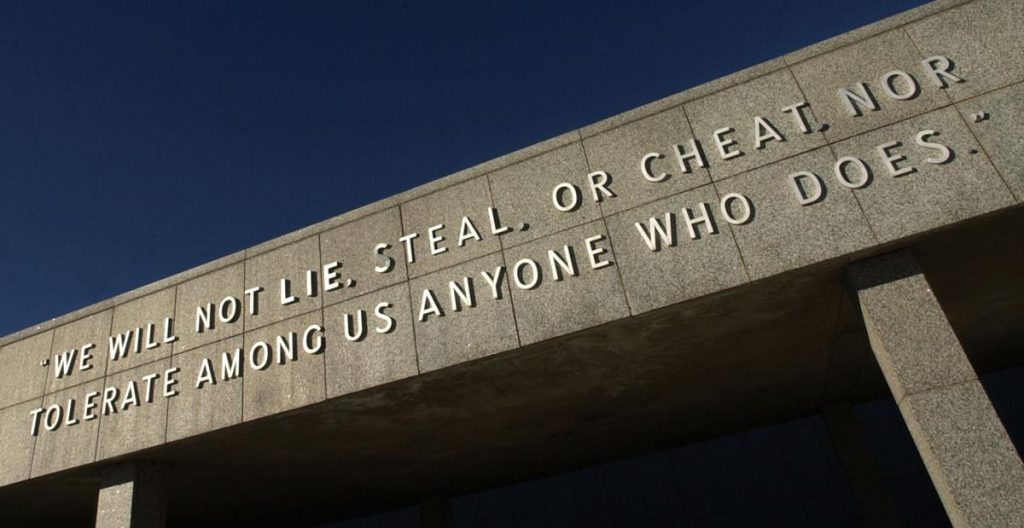
Please Follow us on Gab, Minds, Telegram, Rumble, Gab TV, GETTR
Co-authored with Doug Goodman, USAFA Class 72
“We will not lie, steal, or cheat, nor tolerate among us anyone who does”
Upon returning to USAFA for our 30th Class Reunion in 2002, we found locked doors to cadet dormitory rooms. A simple security issue we were told, but gone were the days when a $100 bill could be left unmolested on one’s desk. Later that day in a formal briefing, the Commandant of Cadets informed us that the Honor Code could not be enforced as it was in the 1970s. Doing so would decimate present classes, whose members adhered to a less rigid standard of morality and honor. And now 20 years hence the Academy is embroiled in yet another scandal with 243 cadets accused of cheating with no resolution in sight.
Academy alumni, who watched the decline in academic standards, military rigor, and ethical expectations over the past several decades, wonder if the Academy can withstand the onslaught of doctrines like Critical Race Theory (CRT) that are incompatible with training future Air Force officers. A new breed of ideological, senior officers argues a new ethos better aligns Academy values with evolving cultural realities. Once aligned, what will distinguish the Academy from other institutions involved in academic and military training? If the answer is “nothing,” then the value of the Academy’s contribution comes into question.
When asked, “What is unique about the Academy experience?” most alumni will offer a variant of the following answer: “It was
the most intense, demanding, and yet rewarding four years of my life, combining a prestigious academic curriculum, rigorous 24/7/365 military leadership training, and world-class athletic program. But these advantages paled in comparison to the bonds forged with fellow classmates, who collectively faced and overcame these challenges.” As individuals we would have failed, and only through the strength of others and the shared ethical foundation of the Honor Code were we able to succeed.
Over the past 50 years all three academies have been beset with scandals, and numerous commissions have been tasked to produce recommendations to improve the Honor Code. In the wake of the West Point Electrical Engineering scandal in 1976, former astronaut Frank Borman reported that any cheating scandal would find its beginning in a “toleration” situation. He was right. Most commissions have struggled with the justification and enforcement of the toleration clause. Surveys show that while over 60% of graduates admit violating the toleration code, less than 2% of the adjudicated violations have been for toleration. In terms of sheer numbers, lying, cheating and stealing are minor compared to rampant, unenforced toleration infractions.
The Honor Code has been the victim of moral relativism, which blurs the line between right and wrong, good and evil, and ethical and unethical behavior. Today, the Code’s 14 simple, unambiguous words must now be explained in over 20,000 words in the “Air Force Cadet Wing Honor Code Reference Handbook.” Rather than providing clarity to these 14 unambiguous words, the handbook represents a jumble of procedural constructs and newly defined terms that allow for subjective interpretation. The Honor Code as written forces cadets to abide by a shared, simple ethic, but it also constrains the Academy leadership’s ability to subjectively interpret and selectively apply it.
An effective combat unit is necessarily self-policing. It cannot knowingly tolerate behaviors of others that endanger the
unit. Behavioral psychologists note that toleration is much more insidious in high pressure, high consequence organizations, where honor and integrity are assumed or demanded by all its members. The knowledge that some members gain personal advantage through tolerated, dishonorable behaviors will eventually undermine the individual’s belief and support of a system that is perceived to be unfair. The perception of fairness is a basic human instinct and in stressful situations can override higher reasoning functions like honor and integrity. These instincts are directly coupled with innate drives toward either group cooperation and unity or toward division and conflict. A value system deemed unfair will eventually lead to wider spread dishonorable behaviors, the breakdown of unit cohesion, and ultimate collapse of the organization.
More than a decade ago Dr. Frederick Malmstrom, USAFA Class of 1964, and Dr. R. David Mullin launched a thorough investigation into the deterioration of the Honor Code. The findings delivered a grave prognosis - one that the Academy administration sadly did not heed. Fifty years ago respect for the Code ranged from 90-100% but plunged to 70% for the classes of 2007-2010. Between 2002 and 2011, 1st and 4th class cadets were given the Defining Issues Test which ranks moral reasoning on a scale that ranges from “acting purely from self-interest” to “making moral decisions based on shared ideals and principles.” An institution tasked with developing leaders of character would be expected to score well above average. Disappointingly, the test found “no significant difference in the highest level of moral
reasoning between Academy seniors and seniors at other colleges and universities. One in four members of the Class of 2010 regressed to lower levels of ethical decision making while at the Academy.
Before admission to the Academy, it is likely a large portion of cadets will be exposed to destructive social theories like CRT that are based on power structures, victimization, and unfairness. CRT is rooted in ambiguity and teaches that America is an inherently and permanently racist society steeped in oppression. Freedom, meritocracy, equality, and justice are instruments of this oppression. The system is unfair, irredeemably flawed, and requires replacement. If the current academic climate prevails at the Academy, these future leaders will be taught by professors who are sympathetic to these theories and reject the Honor Code as an antiquated instrument of dominance and oppression.
The Academy must regain the lost respect for the Honor Code and then use it as unifying framework to resist claims of unfairness asserted by critical race theorists and to build the moral reasoning skills required by leaders of character. Rejuvenating the Honor Code can be a relatively straightforward process. The focus must return to those 14 unambiguous words. All incoming candidates should be admonished that adherence to the Code is the minimum standard required for ensuring fairness and ethical behavior across all aspects of cadet life. Upon Acceptance into the Cadet Wing, the new 4th class must understand that they are being inducted into a unique society that holds honor, integrity and unity above all else. These cannot be empty words. Upper class cadets must be role models for upholding the integrity of the Code and not enablers of corrosive behaviors. Discrimination cannot be condoned within the context
of the tenets of the Honor Code and will be considered tantamount to stealing a fellow cadet’s right to fair treatment.
Finally, the Academy administration must live up to their oaths and obligations as leaders of character by acknowledging past mistakes and restoring an unambiguous Honor Code. A transition period will be necessary and difficult, but the rewards are great for cadets, the Academy, and our country. Once again Academy graduates will become role models for guiding this country through these most difficult times where leaders of character are so critically needed.










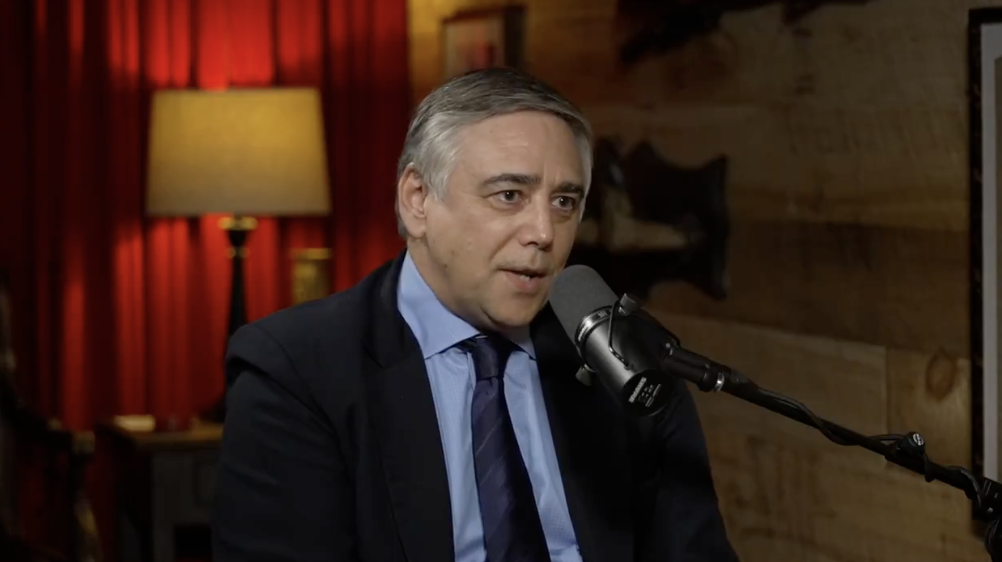
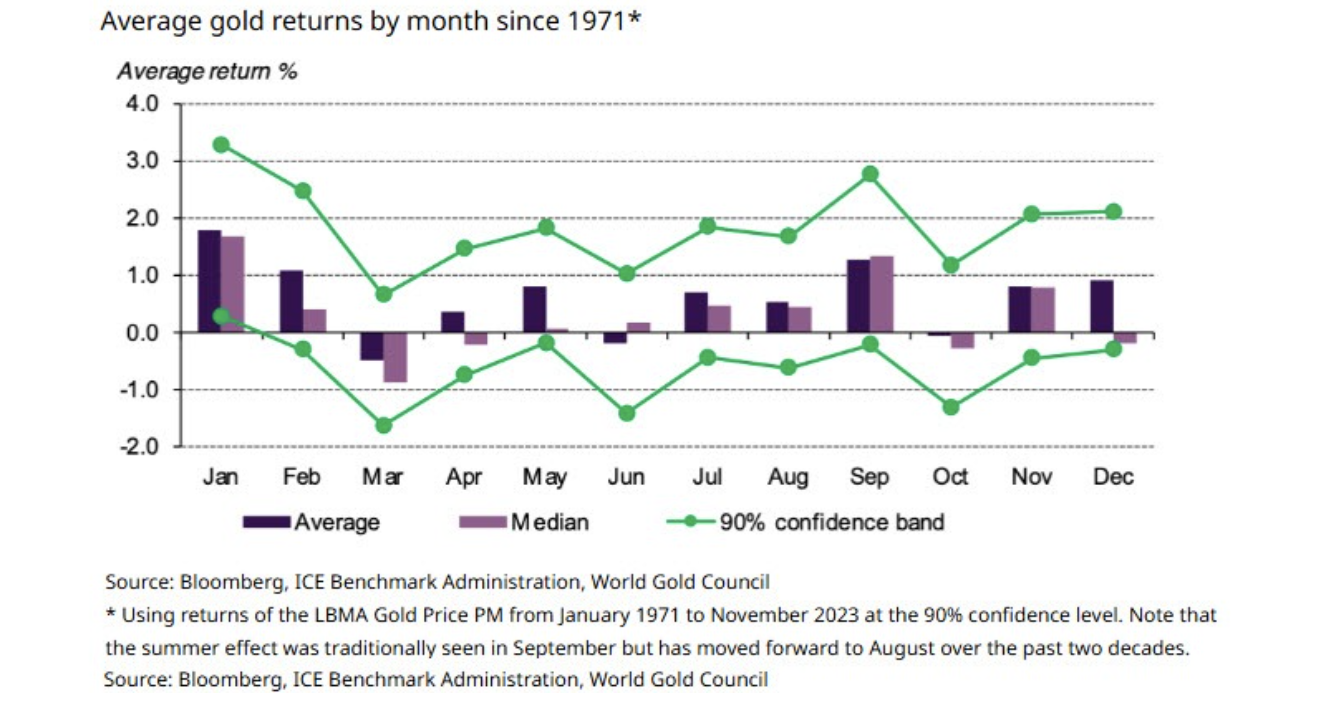






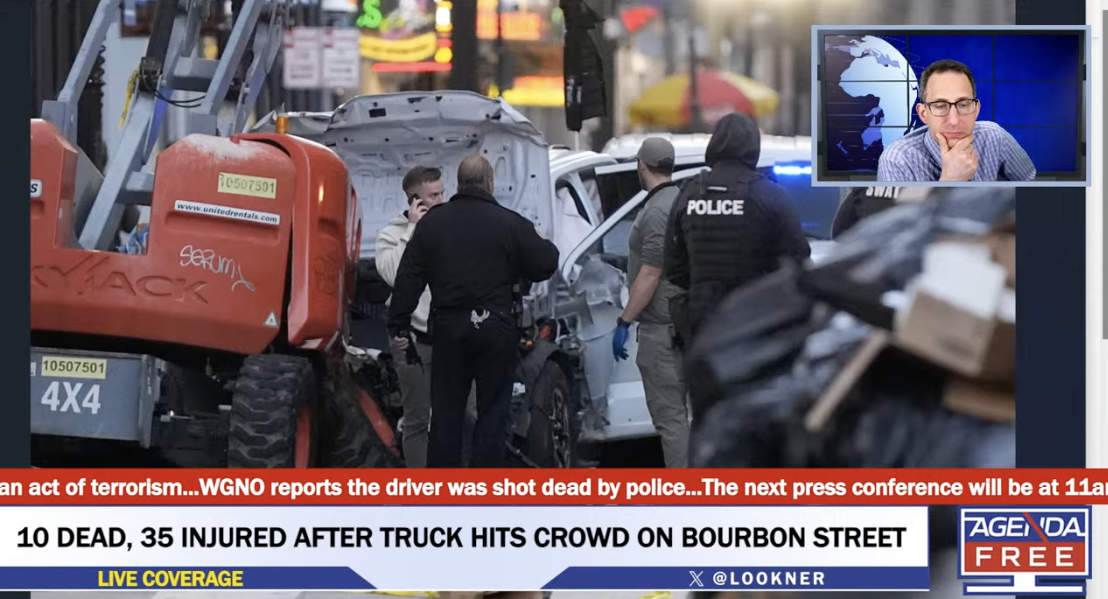
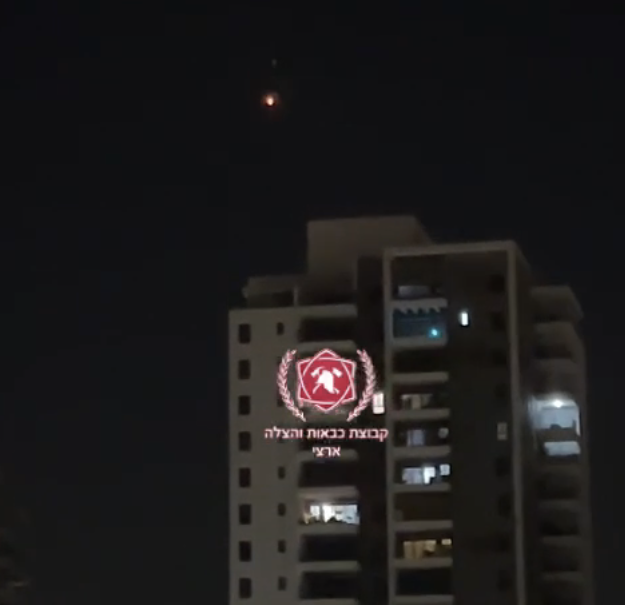
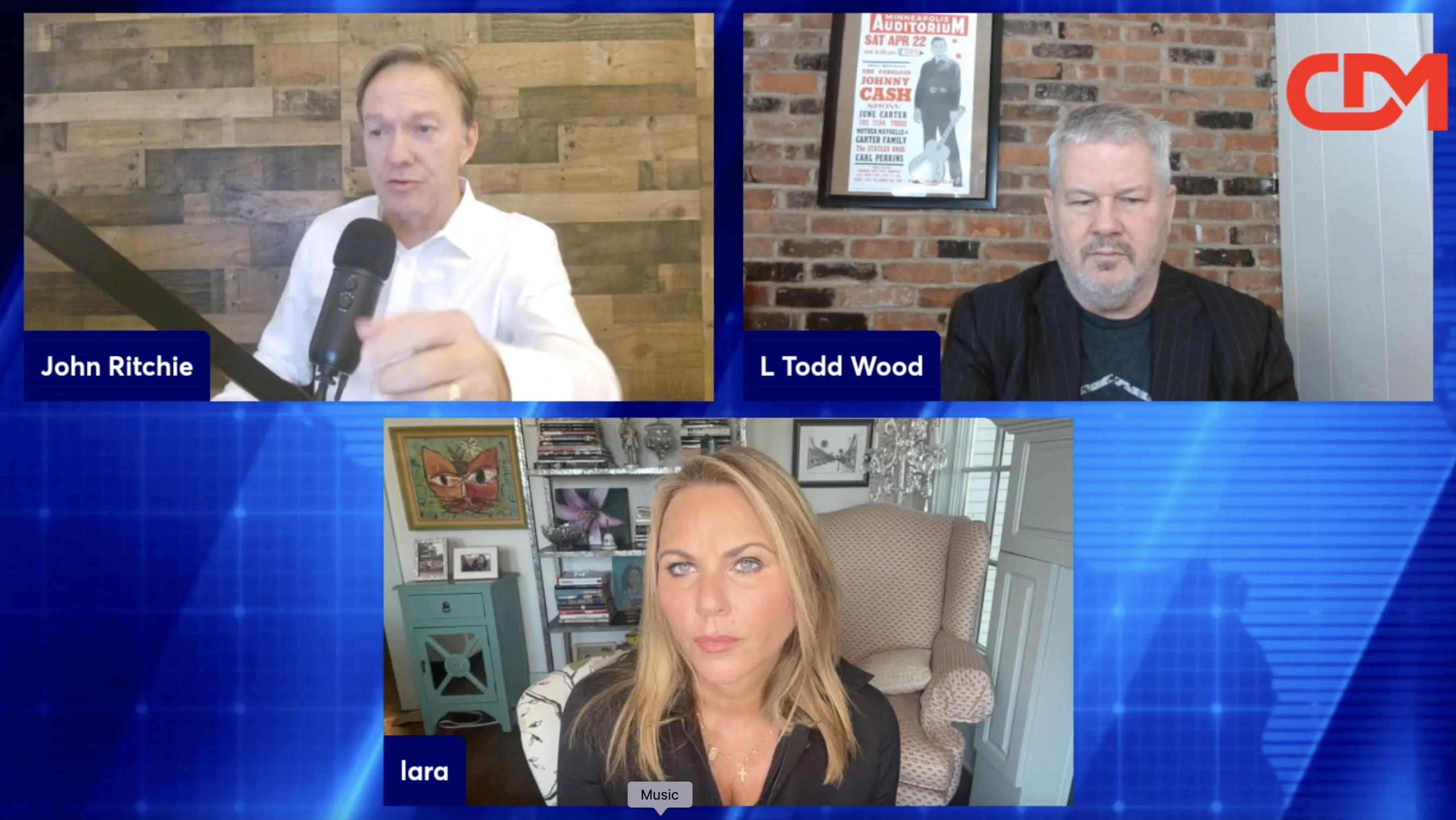
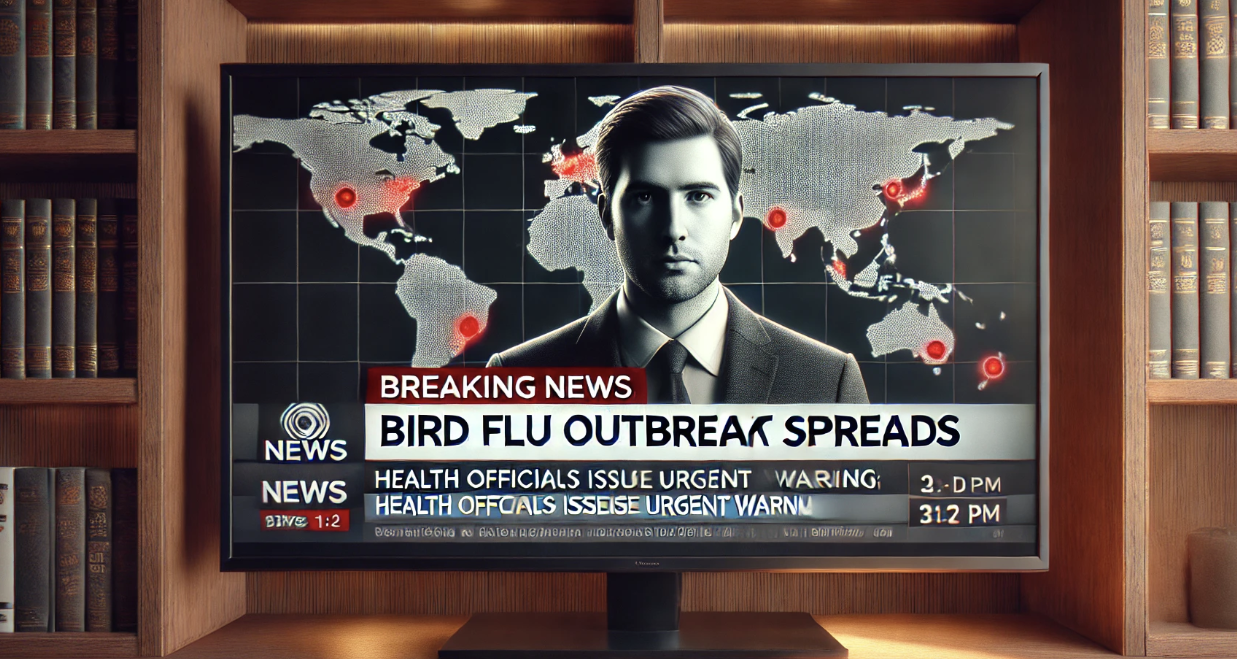



As a retired army officer and non Academy grad, I too am concerned about the academies, but not only in ethics. As a Company Commander in the 90's, the quality and bearing of academy grads was immediately apparent. By the time I commanded as a Colonel, I could really perceive no appreciable difference between academy grads and average ROTC grads. We're paying prime price for mediocre product.
The solution to the problem of ethics and Academies is simple and resides in a single word "Football".
The generation of cadets who were commissioned in the late 80s and early 90s are today's general officers. Look at their performance. Some were good at peacetime leadership. None were good in a combat zone. All were politicians first, last and always. The generation of cadets being taught CRT and other crap today will be the end of the US as a world power.
The US Naval Academy just underwent a somewhat cataclysmic jolt when its leaders decided to expel Midshipman Chase Standage for statements made on social media that were judged racist, unreasonably violent and not in keeping with the Academy's standards. Yet, the Air Force Academy - and I am not singling out USAFA but noting the irony - has on its faculty a prof whose teachings in CRT might make Mr. Standage's look mild by comparison. I'm quite certain the USNA, my alma mater, is heading in the same direction, one example being the recommendations by Sen Cruz, that female midshipmen who get pregnant be given time off and return later. Incrementalism has taken root for some time. There may no longer be any right/wrong sources of judgment.
We did away with the Fourth Class system.
We tolerant every sexual definition imaginable.
We’re teaching Critical Race Theory.
We are seeking out and hounding Conservatives.
Now we are tossing the Honor Code.
The last USAFA class had the largest graduating class ever.
(I guess they let everyone pass and graduate now)
I’m curious, do they still teach military history? Physics? Math?
Tell me why again we need Military Academies?
TW
Class of ‘81
I graduated in 1991 from USAFA and was present when locks we’re first placed on cadet doors—female cadet doors. There was no official reason actually given, but the women were told it was because of rape. I was on active duty when the Bring Me Men sign came down and instruction was provided so cadets understood what lying, cheating, and stealing was. Everything became subjective. The cadets just mirror society but are a few years behind since they generally come from better families. There’s no fixing this because the cadets are from an increasingly depraved population. Society’s collapse immediately follows rejection of God and the family. Fix that and the rest will take care of itself.
The various Military branches are requiring certifications (IT and others) for contractors and civilian employees that require tests which allow for no cheating. Most of these tests are taken under the watchful eye of proctors and ANY hint of cheating voids the test.
The Military is now getting to the point where others are held to higher standards than they are held to.
Defund the Service Academies!
Jeff Cole, USNA 1974
There is NO SUBSTITUTE for Victory! So said MacArthur to the Corps of Cadets. Victory is the one and only true measure of the worth of a military. But for the individual officer, I say there is no substitute for Character! The Honor Code is key to demonstrate and fortify character. Separation for Honor violations is a harsh but necessary statement on the centrality of Character. An Officer corps without Character is one that is incapable of delivering Victory.
In reply to numerous USAFA grads questioning the teaching of CRT at the Academy, the Superintendent attempted to quell their concerns via an open letter of "reassurance" to all AFA grads. It was one of the most convoluted, politically inspired letters I have ever read from a US military general officer. Not ONCE did he flatly deny that CRT was being taught at the academy; rather, he danced all around the issue by saying how the academy is striving to be "all inclusive" and is teaching cadets to be able to think for themselves, even about controversial ideas. Having lived in Colorado Springs now for almost 40 years, I have observed the slow decline of the Academy as it had become a bastion of political correctness and lowering standards to insure a "diverse" cadet wing. I agree with others: disband the service academies and turn them into advanced training for field grade and above officers who have shown they are committed to their respective services.
Blair Stewart, USAFA Class of 1968
A better question than 'can they survive' might be 'should they survive'.
As a grad and father of a grad, I have a perspective that few others might. We ('72) would sometimes say to each other that "it couldn't get any worse." We were wrong. As Scott points out, it is the shared experience of almost overwhelming stress but with a trusted wingman (can I still use that term?) that molded us. By the turn of the century, not only had the Code been neutered to the point it was just one more regulation, the leadership had buckled to the politically correct pressures of the day. There were purges of officers who did not bow to the dictates of political leaders who were more interested in inclusion and "fairness" rather than exceptionalism. I served over 30 years. My son left as soon as his commitment was over because he never saw the leadership at USAFA and after that he had seen in the Air Force growing up.
"A new breed of ideological, senior officers argues a new ethos better aligns Academy values with evolving cultural realities."
The problem is this blind belief in an "evolution" that determines culture and morality. False beliefs lead to false worldviews. Tyranny lurks. To pull back from the brink we need a coming to Jesus followed by a reformation.
This is sad. The honor code is a structure of principle that builds character and strength in our inter-relationships. It is a commitment to truth and a willingness to sacrifice our self will for the mission of the service we represent. In the Coast Guard we knew, “you have to go out but you don’t have to come back”. That was a fruit of of living the code of not lying cheating or stealing. It is a code of self sacrifice. Without an honor code, this ethos would become, “you have to go out for lunch, but you don’t have to come back.”
Bring the true honor code back to practice and demand high quality if character for our men and women of service. It’s what God and America expect of us.
USCGA ‘92
there is another set of 14 words that i prefer over these ... they are much more useful and relevant in our current times
This was my submission to the Air Force Academy magazine Checkpoints:
The Toleration Clause Must Go
The September edition of Checkpoints says “USAFA HONOR REVIEW WRAPS UP.” It refers to the review prompted by the most recent scandal and notes that “244 cadets were involved in cheating…and 18 disenrolled.” This is not the Honor Code that most of us remember. It seems clear that the toleration clause is not being enforced and probably, in today’s environment, never will be. Therefore, I suggest that we change the code to be more like the one at Naval Academy where toleration is only a disciplinary offense, not part of the code. We have a situation now where most cadets know they get one free pass, and some have even gotten two. Cadets who are inclined to cheat know they can do so until they get caught and, only then must they reform. This makes a mockery of the wording in the code when we say, we will “not tolerate among us anyone who does.” We all know it is not true. We should stop saying it.